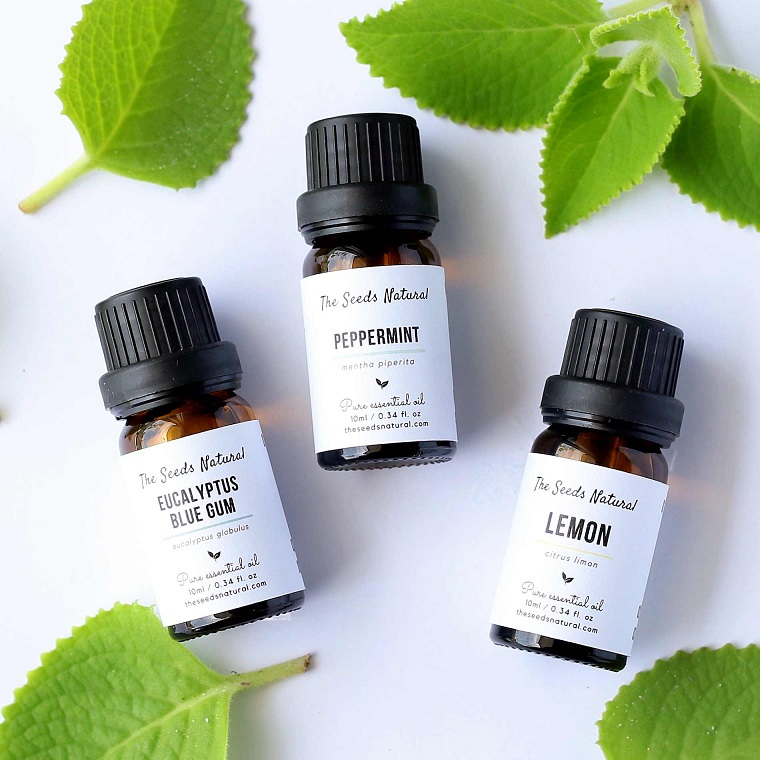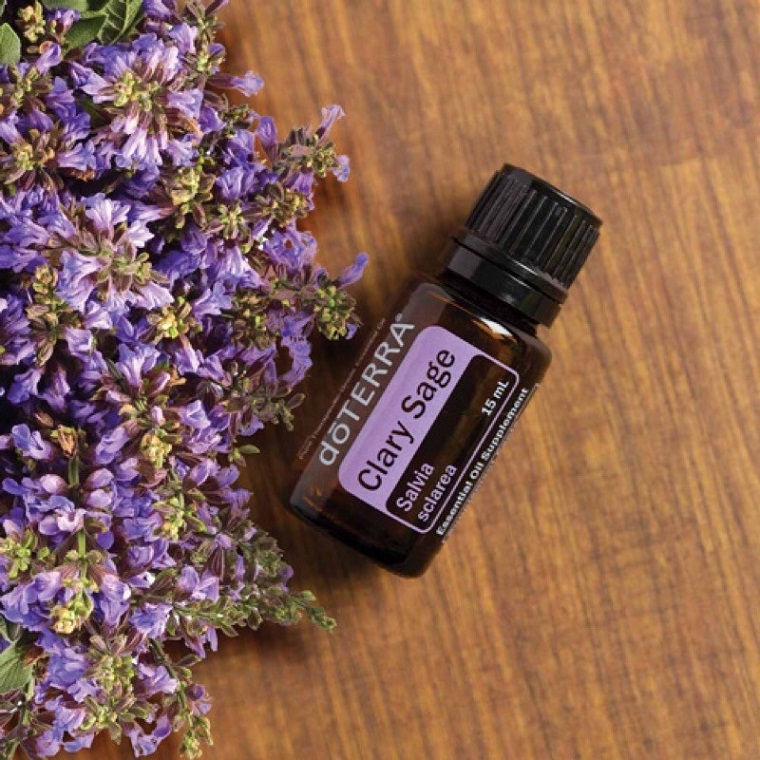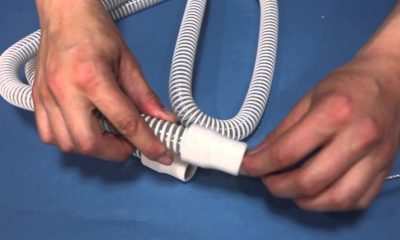Health & Beauty
The Benefits of Using Essential Oils for Sinus Congestion
Although autumn and winter are way behind us, there are no rules when it comes to catching a cold. And while regular consumption of vitamins, especially Vitamin C, can certainly improve your immune system, sometimes there really is no escape.
One of the most unpleasant symptom of cold and flu is sinus congestion. This can make breathing difficult, disrupt your sleep, and cause painful pressure on your eyes and head. Fortunately, there are some things you can use to ease the symptoms, essential oils being one of them.
Essential oils are a popular natural treatment for many conditions, and they have been used for centuries for supporting both emotional and physical health. As an alternative treatment, essential oils can treat sinus congestion caused by allergies, bacteria, inflammation and the common cold and flu.
What is the Most Beneficial Combo of Essential Oils for Sinus Infection?

While there are essential oils for the sinus congestion that can help when used separately, it’s the blend of the following three that can give you instant relief.
Lemongrass – This oil smells very clean and fresh and it’s very often used for that benefit alone. However, this is a versatile oil also known for its antibacterial, antiseptic, anti-fungal and anti-inflammatory properties. Besides providing pain relief, lemongrass is also one of the most useful essential oils for sinus infection as it can unblock clogged nose channels. It can also assist in reducing stress and anxiety and improving digestive health and act as the ideal natural insect repellent.
Peppermint – This oil is another commonly used one for unclogging blocked sinuses because it contains menthol which is a compound that can affect the mucus receptors in the nose. This helps to open the airways and clear the mucus. Peppermint oil can also fight bacteria which is, in fact, one of the causes for sinus congestion.
Eucalyptus – This oil comes from the eucalyptus plant which is also used for treating sinusitis and congestion. Just like peppermint, this essential oil is also used for relieving the symptoms of colds and coughs. When it comes to fighting coughs, both peppermint and eucalyptus can be found in many massage and rubbing creams as they are known for their soothing effect that can also reduce stress.
What Other Essential Oils Can Help?

Tea Tree Oil – This oil is most commonly used for treating acne and other skin conditions. However, tea tree essential oil is also used for relieving sinus congestion by fighting the two most common potential causes -viruses and bacteria. According to a study, this essential oil has a compound alpha-sabine which has antiviral, anti-fungal and antibacterial effects. This oil is also great for reducing inflammation, which is why sinus swelling is reduced when inhaling it.
Oregano Oil – Except for being good for the immune system, oregano oil is also great for relieving a stuffy nose. It can help a person recover from sinusitis by fighting off bacteria and stopping them from growing.
Clary Sage Oil – Except for being great for reducing stress, clary sage is an essential oil that can also alleviate menopause symptoms and menstrual cramps. But as a natural antimicrobial agent, clary sage can also help in fighting cold and flu. Thanks to its antibacterial properties, this essential oil can also fight sinusitis and congestion caused by bacteria.
How to Use Them?

Except topical application, one of the most common ways to use essential oils is by inhaling. Generally, there are four ways to inhale essential oils:
- Steam Inhaling – In a bowl of boiling water add a few drops of the chosen essential oil and start inhaling the steam. For better results, you can place a towel over your head and create a steam chamber. That way the essential oil can better penetrate the nose and relieve sinus symptoms.
- Direct Inhaling – Although you can inhale the essential oil directly from the bottle, it is better if you apply a few drops on a tissue and gently breathe in. Since essential oils are not diluted, make sure to avoid skin contact as it might irritate you. If you want to apply it topically, it’s always recommended to mix it with a carrier oil like coconut or almond oil.
- Using a Diffuser – With the help of a diffuser, the essential oil will gradually disperse into the air, allowing you to continuously inhale it while at home.
- Adding to a Bath – While soaking in your bathtub, add a few drops of your preferred essential oil and gently inhale its pleasant smell while soaking.
As a proud Pisces known for the selflessness, Olivia joined up the blog fascinated by the idea she can help readers with info on topics and their related benefits like health and beauty, travel, food and drinks. When not writing, she likes to call it a day reading comic books in the company of her Tonkinese cat Chatty or binge-watching The Big Bang Theory with her SO like the nerd she is.

























